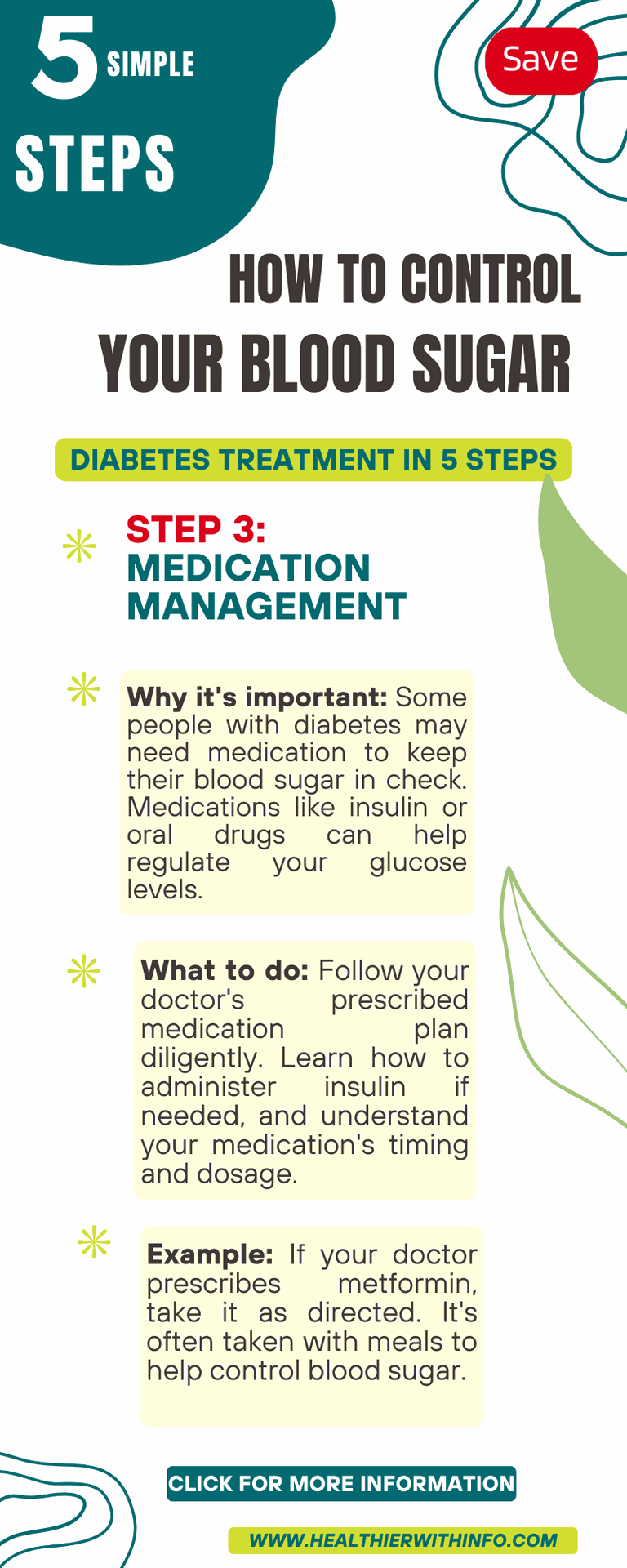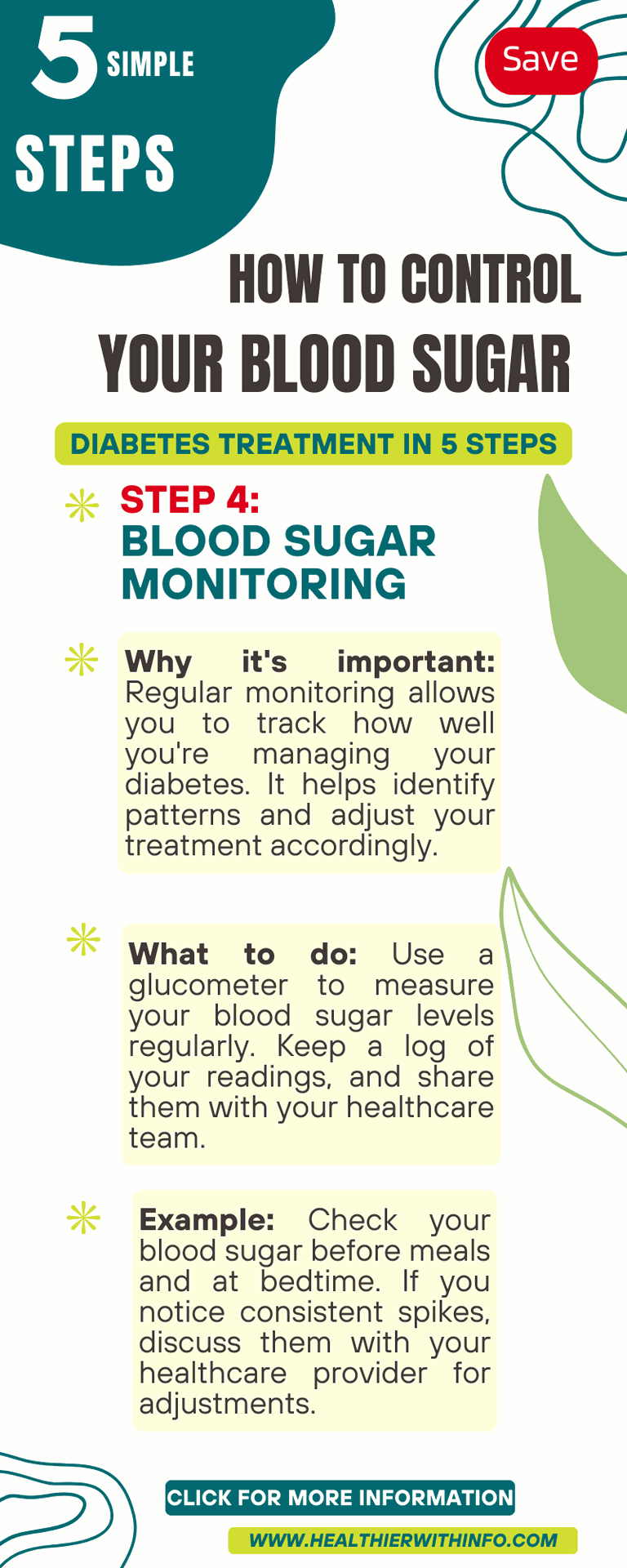Control Your Blood Sugar in 5 Simple Steps
Step 1: Balanced Diet
Why it's important: Maintaining a balanced diet is the foundation of diabetes management. The foods you eat directly impact your blood sugar levels. A balanced diet helps keep those levels in check, avoiding blood sugar spikes.
Natural supplements can also be a valuable strategy to prevent blood sugar spikes. They encompass all the benefits of a holistic approach. You can find more information on avoiding blood sugar spikes with natural supplements in this article “How to Prevent Blood Sugar Spikes: 5 Natural Supplements”.
What to do: Focus on a diet rich in whole foods like fruits, vegetables, lean proteins, and whole grains. Avoid sugary and highly processed foods. Try portion control to manage your carb intake.
Example: For breakfast, have a bowl of oatmeal topped with fresh berries and a handful of almonds. This provides fiber, healthy carbs, and protein to stabilize your blood sugar.
Click here to subscribe to our free mailing list and get extra support to implement this step.
Step 2: Regular Exercise and Weight Management

Why it's important: Exercise helps your body use glucose for energy, which can lower your blood sugar. It also improves insulin sensitivity. Maintaining a healthy weight is crucial because excess weight can make it harder to control blood sugar.
What to do: Aim for at least 30 minutes of moderate exercise most days. Activities like brisk walking, swimming, or cycling are great choices. If you're overweight, consider weight loss through a combination of diet and exercise.
Example: Take a 30-minute walk after dinner. This not only helps control blood sugar but aids digestion too. If you're overweight, losing even a small amount of weight, like 5-10% of your current weight, can significantly improve blood sugar control.
Click here to subscribe to our free mailing list and get extra support to implement this step.
Step 3: Medication Management
Why it's important: Some people with diabetes may need medication to keep their blood sugar in check. Medications like insulin or oral drugs can help regulate your glucose levels.
What to do: Follow your doctor's prescribed medication plan diligently. Learn how to administer insulin if needed, and understand your medication's timing and dosage.
Example: If your doctor prescribes metformin, take it as directed. It's often taken with meals to help control blood sugar.
Click here to subscribe to our free mailing list and get extra support to implement this step.
Step 4: Blood Sugar Monitoring
Why it's important: Regular monitoring allows you to track how well you're managing your diabetes. It helps identify patterns and adjust your treatment accordingly.
What to do: Use a glucometer to measure your blood sugar levels regularly. Keep a log of your readings, and share them with your healthcare team.
Example: Check your blood sugar before meals and at bedtime. If you notice consistent spikes, discuss them with your healthcare provider for adjustments.
Click here to subscribe to our free mailing list and get extra support to implement this step.
Step 5: Stress Management and Sleep
Why it's important: Stress and poor sleep can elevate blood sugar levels. Managing stress and getting enough quality sleep are vital for diabetes control.
What to do: Practice stress-reduction techniques like deep breathing, meditation, or yoga. Aim for 7-8 hours of restorative sleep each night.
Example: Try a 10-minute meditation session in the morning to start your day calmly. Prioritize sleep hygiene by keeping a regular sleep schedule.
Remember, managing diabetes is a journey, and it's okay to seek support from healthcare professionals and diabetes educators.
These five steps, when followed consistently, can make a significant difference in your diabetes treatment and overall well-being.
If you're overweight, work on achieving and maintaining a healthy weight, as it can significantly improve blood sugar control and overall health.
For more information on managing diabetes, Sign Up for our support mailing list. Click Here for Sign Up.







